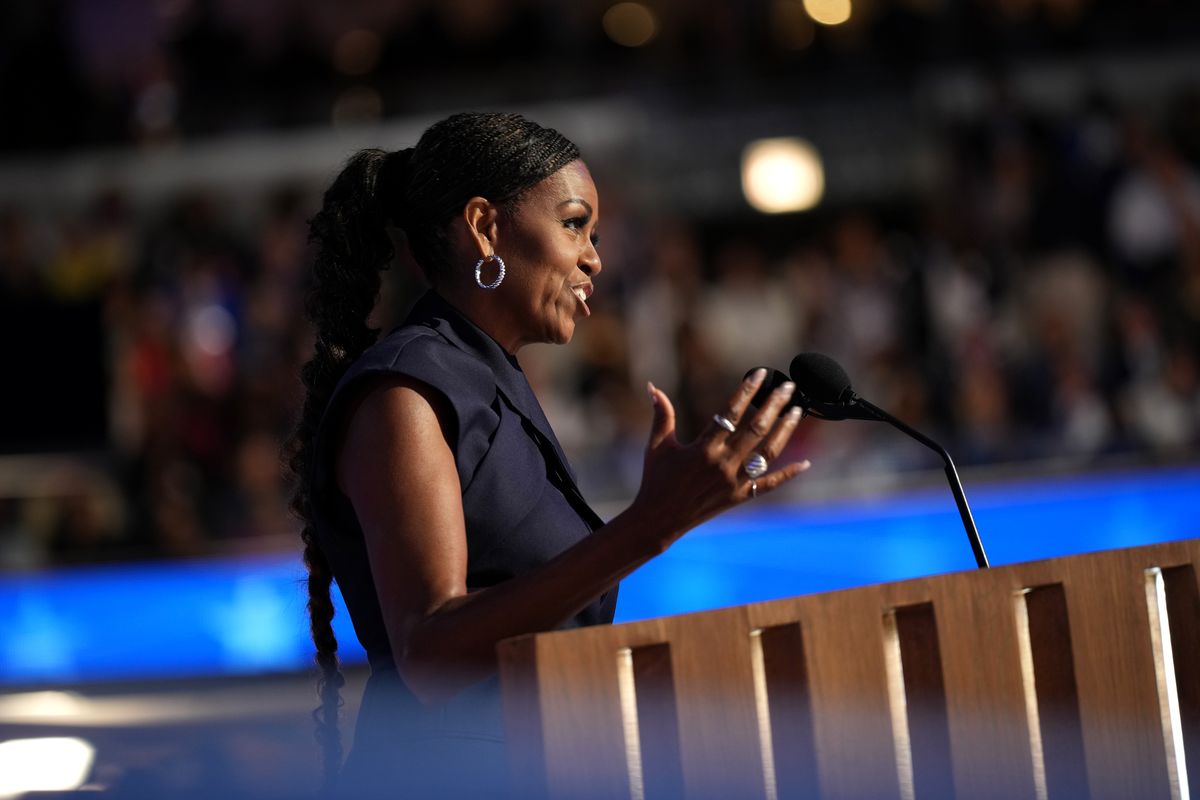When Kamala Harris was selected the Democratic nominee for President on Aug. 5 at the Democratic National Convention, I was so excited and proud to be a Democrat, and a Black woman. I felt the same exhilaration as the time former President Barack Obama was selected as the first African American Democratic nominee on Aug. 27, 2008, at the DNC.
If Kamala Harris and Tim Walz are elected as our president and vice president, our nation has a chance to heal and create a better future for the next generations. Harris, throughout her campaign has stated that this election has a profound opportunity to move past bitterness, cynicism and divisiveness, operating as Americans and not as political party rivals.
As for our Black women, young and old, Harris has demonstrated the belief that she is worthy. She has broken barriers and been steadfast in pursuing her goals with confidence, emotional restraint, independence, and resilience. Most importantly, she epitomizes family values of ethical and moral principles as evident in her love for her family.
With this election, I feel empowered to be an example to young women and girls who face adversity in their jobs and in school. As a Black woman with a platform, I feel I have a responsibility to show up prepared to push open doors that have been shut. That is the energy of this election: hope and positive change for our society.
Kamala Harris’ campaign is a milestone. She aims to shatter the glass ceiling for the president seat, and she has already shattered the ceiling as vice president. As Malcolm X once said, “The most disrespected person in America is the Black woman. The most unprotected person in America is the Black woman. The most neglected person in America is the Black woman.” Today, many Black women have challenged those narratives, and, even though true, they have worked to counter those narratives as false.
From the liberating poetry of Phyllis Wheatley, to the heroism of Shirley Chisolm, to the fortitude of Ida B. Wells, to the tenacity of Fannie Lou Hammer, to the resolve of Stacey Abrams, Black women have been involved in American socio-political issues, advocating for the community since the American Civil War era. Whether it is Carol Moseley Braun, as the first Black woman to be elected to the Senate or New York Attorney General Letitia James or Massachusetts Attorney General Andrea Campbell, a record number of Black women serve in federal and state government. We have fought on the frontlines against the disenfranchisement of the marginalized, and this election is a reminder of that history.
As former First Lady Michelle Obama says: “History has shown us that courage can be contagious, and hope can take on a life of its own.”
